8 Video Game Cliches that Need to Die
Silent Protagonists

For about as long as we’ve had video games, we’ve had silent protagonists. Especially in older RPGs, it was commonplace to have a silent playable character who went along killing bad guys and saving the world, all without so much as a hello.
Here’s the hot take: It’s almost never been a good idea.
Especially as games grow more and more advanced and try to tell compelling stories, the silent protagonist is a giant hindrance. Any attempt at storytelling is taken out at the knees when the character we spend the most time with has no dialogue. This is often not explained at all, and other characters rarely address the silence and simply act as if the character does speak. This requires quite the suspension of disbelief.
Usually, the reason for making the protagonist mute is so the player can project themselves onto the character, but we think there are better ways to do this. Games like Fallout and Skyrim allow you to create your own character and let you build their personality however you’d like by using a variety of dialogue options. This is a far more elegant solution that doesn’t break the reality and immersion of the world and allows your protagonist to be a character instead of an empty shell.
While the industry has been trending away from silent protagonists, some otherwise great games are still using this tired cliche. Persona 5, Breath of the Wild and Dragon Quest XI are all games whose mute main characters feel like strange relics of the past in packages that are otherwise impressive from a modern perspective.
It’s time to give our main characters the gift of gab and kill this cliche for good.
8 Video Game Cliches that Need to Die
Audio Logs
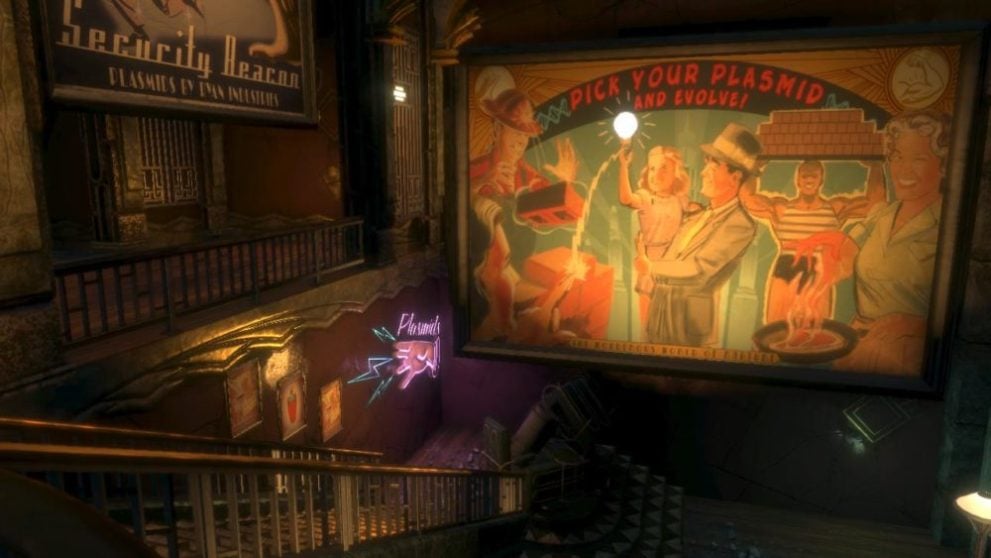
In recent years, audio diary entries have become a video game mainstay when it comes to storytelling. Nearly every game uses them, letting you listen to monologues from important characters who decided to conveniently leave their recordings out for you to hear.
Similar to silent protagonists, one of the central problems in this cliche is that it isn’t believable. What normal person records their thoughts on intimate matters in voice recordings? And if they do, why do they record them on 9 different devices all left around in various places? Many aspects of video games require the player to accept some nonsense, but this seems like unnecessary nonsense.
The other big problem is that audio logs often end up feeling cheap. More often than not, the information gathered from these recordings feel like pieces of story the writers didn’t know what to do with and couldn’t find a way to tell naturally.
Some games do a better job than others of cementing their audio logs in the reality of the world, but even when they are believable they still feel cheap and overused. There’s not a clear alternative, but this is becoming a rampant story crutch across the gaming industry and we would welcome a developer who finds a better answer.
8 Video Game Cliches that Need to Die
The Chosen One
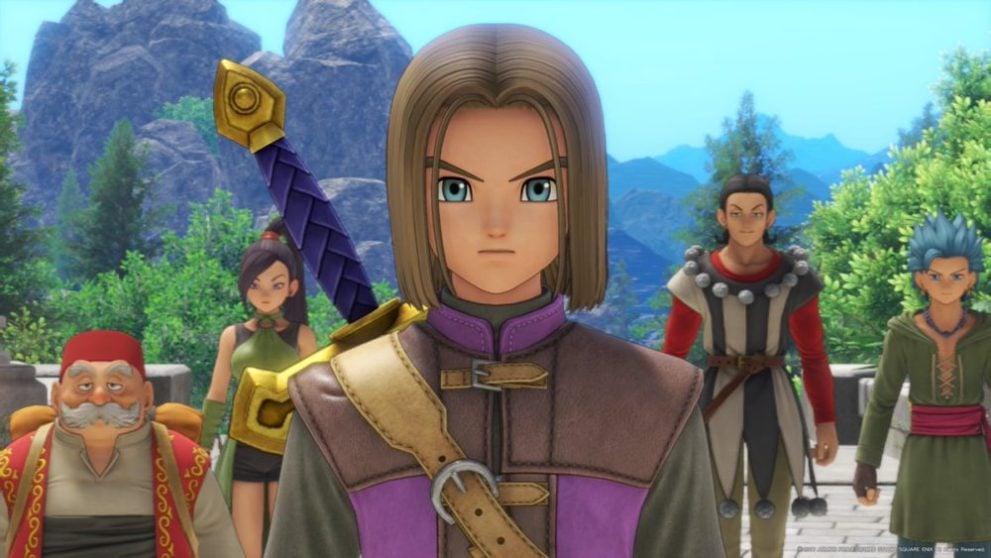
You are the hero of legend, the savior destined by prophecy to fight off evil and save the world. Sound familiar? Well that’s probably because that description could be used to describe countless games. Protagonists that fulfill some sort of prophecy is a cliche that is so overdone in gaming that the words are enough to make your eyes roll.
When a character is destined from birth to be a hero, it takes away much of the narrative stakes. They are the hero and their victory is inevitable. End of story. There’s a reason we latch onto the Batman and Iron Man characters, people who are unlikely heroes and had to work to get where they are. When it’s just handed to them and their success is a foregone conclusion, it’s hard to get invested.
While this is another trend that seems to be less popular in modern times, it still feels like it occurs more often in games than in other mediums. Even games like Dragon Quest and Legend of Zelda who cement their identities in the concept could be made more interesting if they changed the formula a bit and broke the cliche.
We like characters that earn their success, but we’ll take Zelda being the hero of legend for once if that’s all we can get. It would be something different at least.
8 Video Game Cliches that Need to Die
Unskippable Cutscenes

Originally, I thought unskippable cutscenes might be too far in the past to still serve as a cliche. That was until I remembered the anger and frustration that Monster Hunter World brought into my life this year.
Unskippable cutscenes are infuriating. Whether you’re replaying a game, you died and have already seen the cutscene or you just want to get to the part where you can play with your friends (looking at you Monster Hunter World) there are plenty of reasons to want to skip a cutscene. Far too many games lock you into long cutscenes that you might have already seen multiple times.
Equally as bad are games that automatically skip a cutscene if you try to pause it. Nothing is worse than trying to pause a cutscene only to skip it and suddenly you’re getting shot at and you have no clue what happened.
The answer is simple. Let us do what we want. If we don’t want to watch your cutscene, let us skip it. If we need to pause it halfway through, please let us. While this has gotten far better with recent games, the cliche is still alive, and it needs to die completely.
8 Video Game Cliches that Need to Die
Your Choices Don’t Really Matter
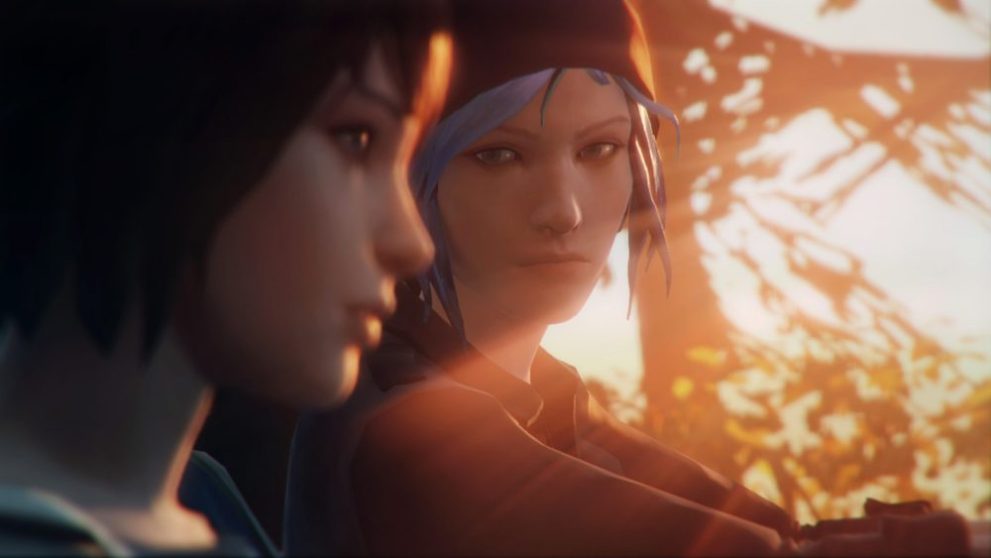
You’ve probably experienced this before: You play through a game, agonizing over every story decision, weighing the pros and cons of each option and wondering how your choices will pan out. You get to the end of the game and there are two options. The same two options for everyone, and that one choice is the only factor that decides your ending.
While there’s something to be said about just enjoying the journey instead of worrying about the destination in a game like Life Is Strange, it’s still a bummer when your prior decisions have no real impact on the ending. It makes it hard to shake the feeling that your choices don’t actually matter since another person could have played completely differently and got the exact same ending.
It’s easy to understand how this sort of problem arises: video games are hard to make. Developers likely don’t have the resources to make multiple endings that completely fit your specific choices. However, an effort should be made to tie the ending to the choices you made, even if that means taking the ending choice out of your hands and giving you an ending based off your previous decisions.
This is a difficult one, and it’s easy to understand how this cliche continues. But, if these narrative-based games can figure out how to buck this trend, we could be in for a treat.
8 Video Game Cliches that Need to Die
Urgent Main Story Set Aside for Side Stories
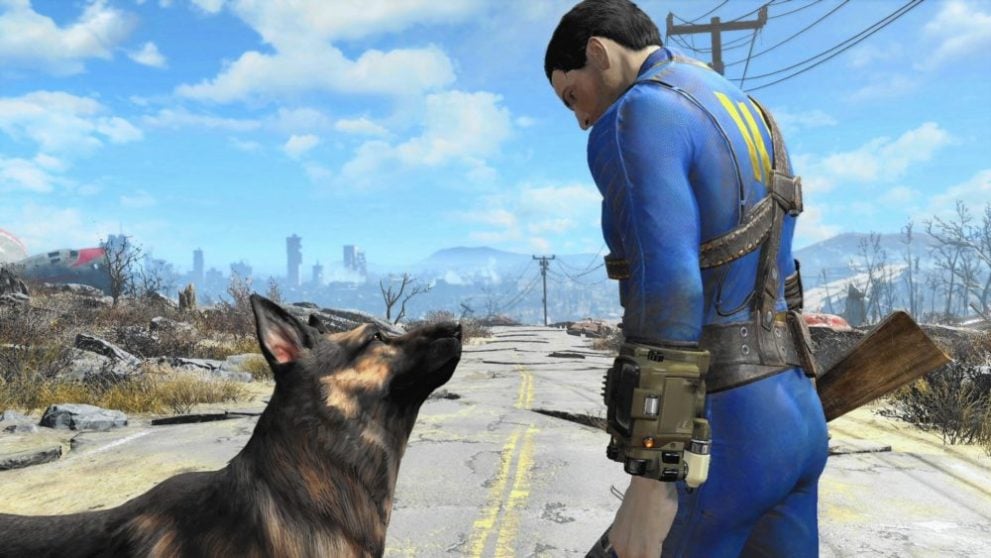
My spouse was murdered before my eyes and my son was kidnapped. It’s up to me to find the people who did this and get my son back. So, first things first: run around the wasteland collecting spoons.
This is one of the biggest barriers to storytelling in an open world game. While both the main story and the side content in the Witcher 3 are phenomenal, it doesn’t make much sense that during Geralt’s race to save Ciri, he stops to run errands for townsfolk, sleeps with several old friends and helps a man get his goat back.
When the player has complete control over what they do and when it’s hard for the main story to have any sort of urgency. However, at the same time, if you took away player freedom in a game like Fallout or Witcher you would be taking out the central element that makes them fun.
It’s possible that while this is an overdone and damaging cliche, it might be necessary. There’s no obvious solution that wouldn’t make games of this type worse, but if a developer can find a way to solve this issue, we will be right there.
8 Video Game Cliches that Need to Die
Excessive Amounts of Climbing/Traversal
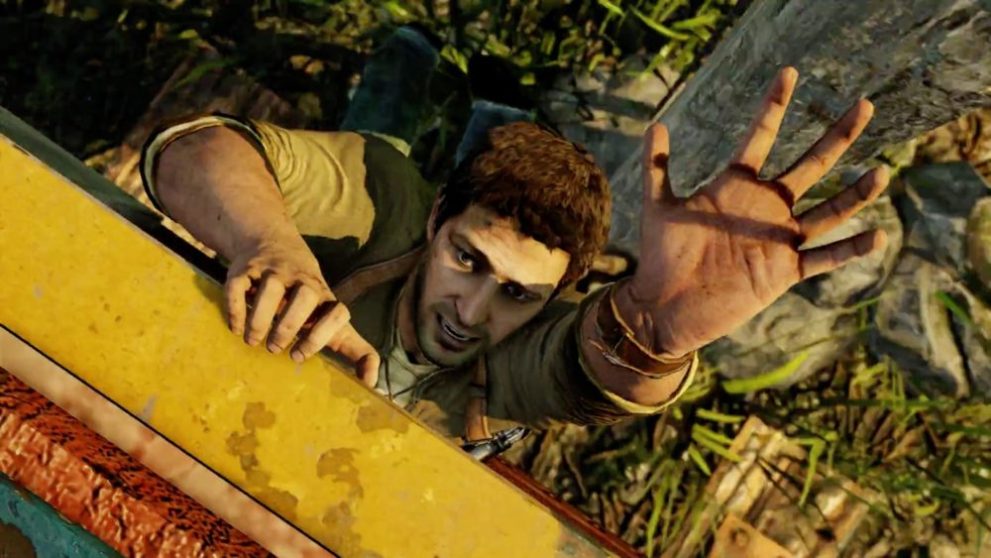
Oh god, not another climbing section.
Similar to audio logs, traversal sections have become a crutch for games like Uncharted, Tomb Raider and God of War to pad game length, build character relationships and drop exposition. In these games, it begins to feel like you spend half of your time scaling walls, swinging across gaps and doing that thing where you give your partner a boost over a tall wall before they help you up. You know what we mean because you’ve probably seen it about 100 times.
While it’s an overused cliche, these sections can be done well. Some of my favorite memories from games like The Last of Us is Joel and Ellie’s back and forth banter while traveling from place to place. This can be used to show how two character’s relationship changes over time and makes the world feel more real.
However, there is a limit to how much this mechanic should be used, and these games certainly cross it at times. When games reuse this over and over, they begin to feel like a one-trick pony when it comes to character and world building. Especially in a game like Uncharted 4 that already felt like it was too long, excessive and seemingly unnecessary time spent in traversal is a bit annoying.
While this cliche doesn’t necessarily need to die completely, it definitely needs to be taken down a peg or two.
8 Video Game Cliches that Need to Die
World War II
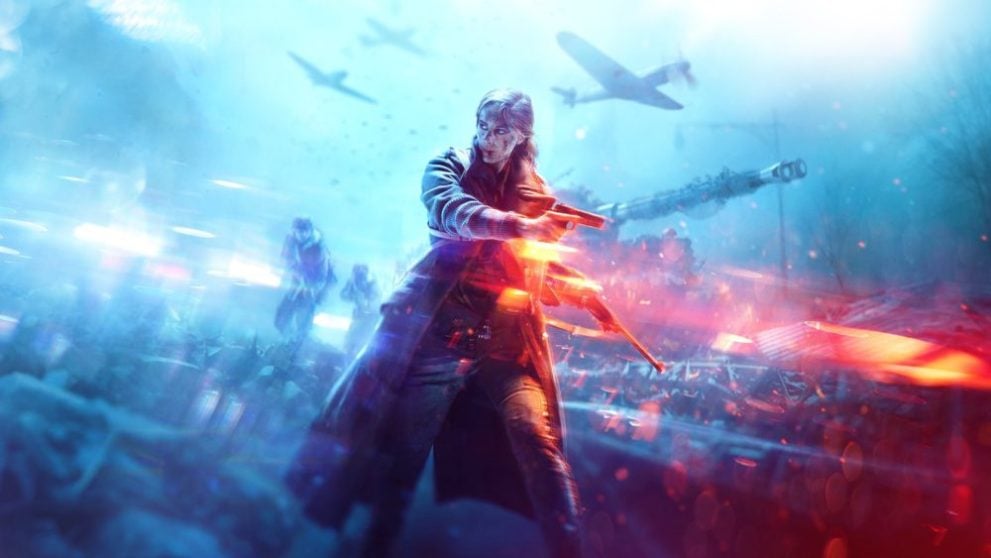
That’s right. The entire concept of doing a World War II game has become a cliche.
While World War II is arguably one of the most fascinating wars in our history, it’s also one that’s been done many, many times. Call of Duty, Battlefield and Medal of Honor are all AAA war shooter franchises that have gone back to this well time and time again. Battlefield is about to revisit World War II once again this year when Battlefield V comes out Nov. 20.
There’s a reason that 2016’s Battlefield 1 was so exciting. To see a game with a AAA budget tackle World War I and tell stories that don’t often get told in this medium was refreshing. This makes it all the more frustrating when the very next game is right back to the war that has no shortage of representation.
We hope to see these companies follow Battlefield 1’s lead and start to tackle some of the countless other wars that haven’t been shown. How about a big budget, well-polished American Revolution game? A Civil War game? A Vietnam War game?
These conflicts are obviously harder to make fun and realistic games for because of worse technology, but we think this is a creative challenge worth pursuing if it means we get fresh stories that haven’t been overdone.
However, if you disagree and want more World War II, check out our list of the top 10 World War II games.
